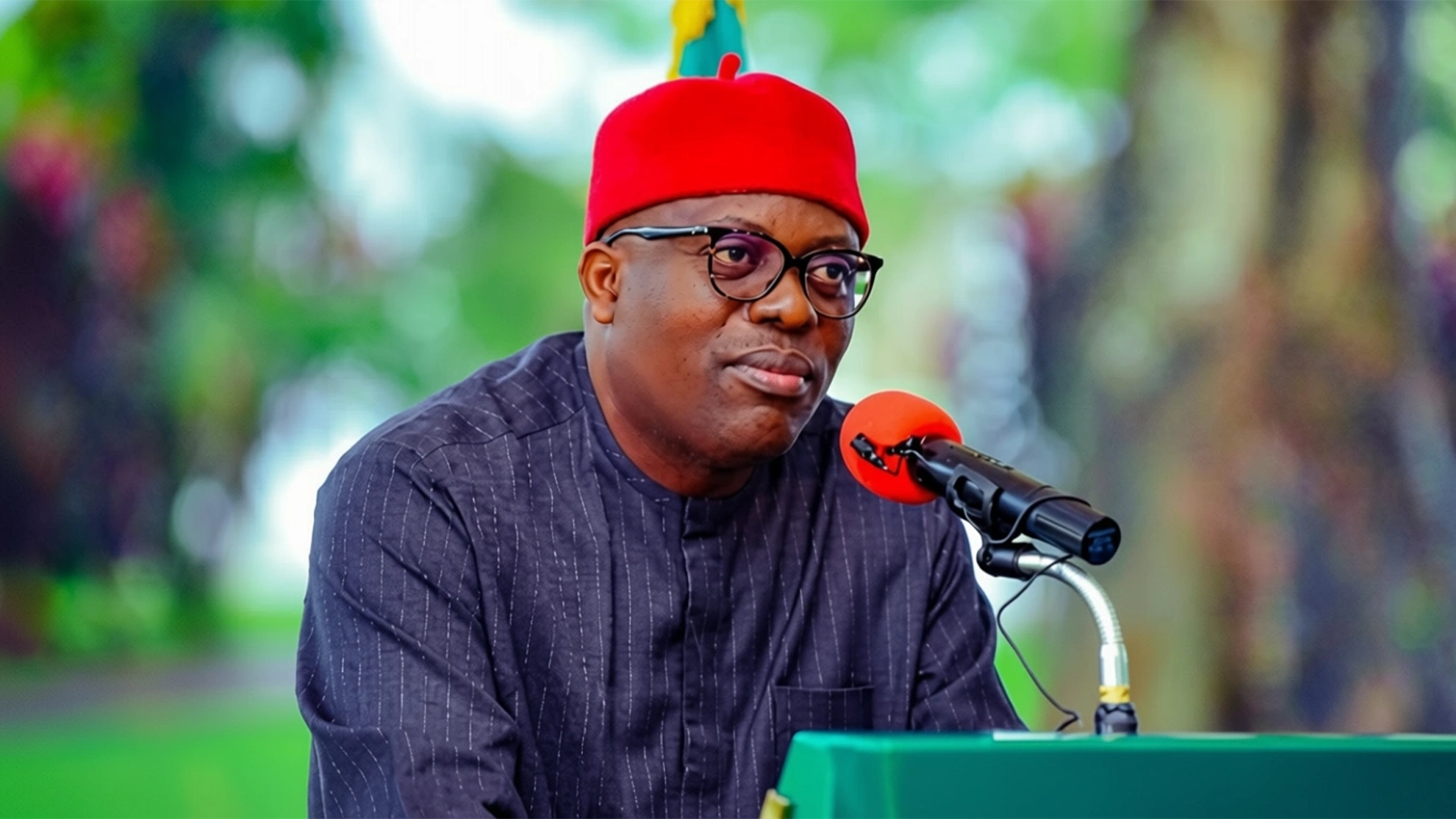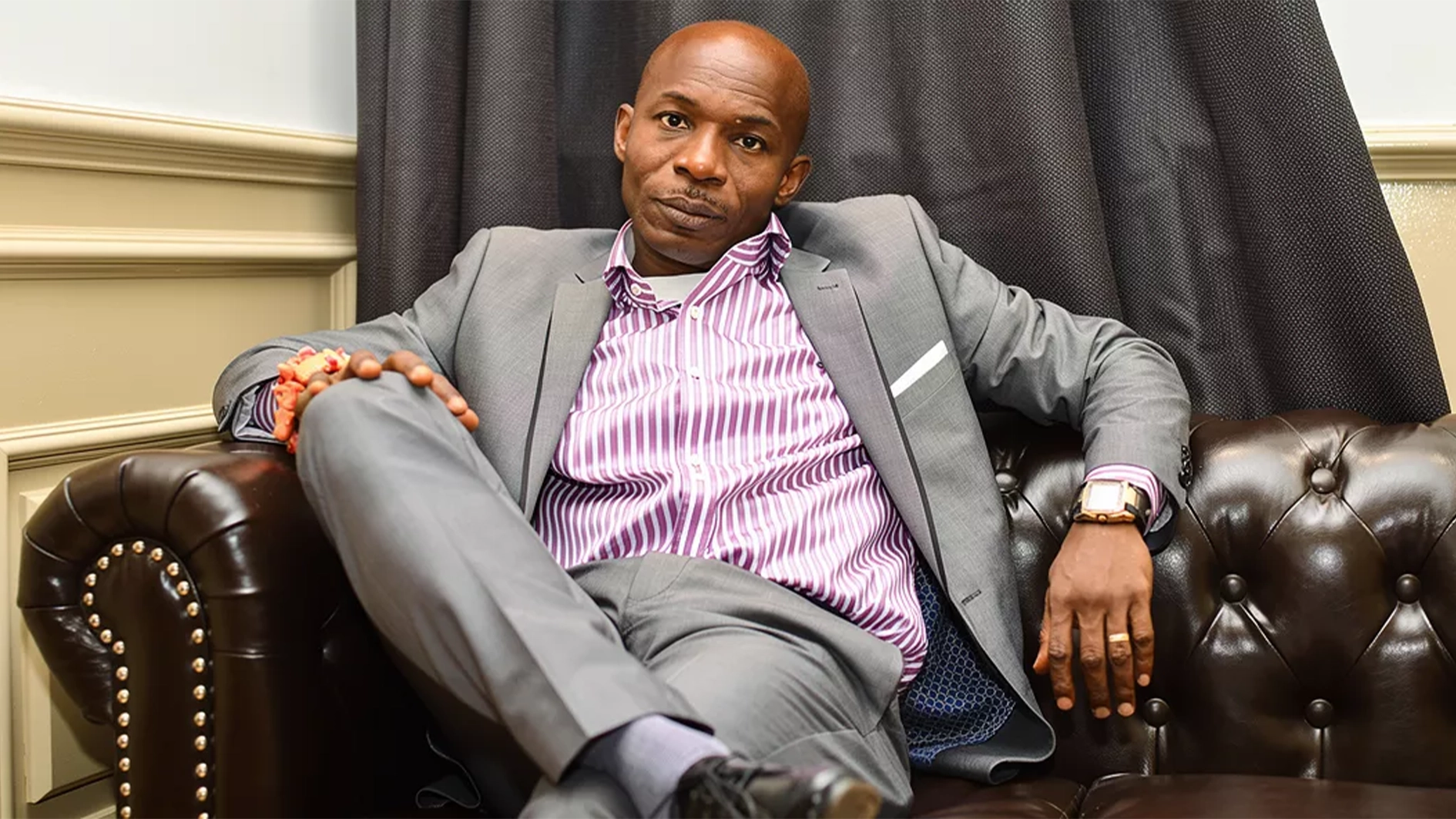Former Minister of Education and co-convener of the #BringBackOurGirls movement, Dr. Oby Ezekwesili, has launched a searing critique of Nigeria’s electoral and judicial systems, warning that the country’s democracy has been “reduced to courtroom contests rather than citizens’ choices.”
Speaking at the National Electoral Reform Summit 2025 in Abuja, Ezekwesili stated that Nigeria’s democracy is in a “moral and institutional crisis” and can only be saved through sweeping reforms that restore independence, credibility, and public trust in the electoral process.
“Our democracy has been distorted into what I call courtroom democracy — where elections are increasingly decided in courts rather than at the polling stations,” she declared. “This delegitimises the power of citizens to determine their leaders.”
Ezekwesili, a former Vice President of the World Bank, lamented that since 1999, Nigeria’s courts — not voters — have often determined who occupies public office, with inconsistent judgments that have “eroded confidence in both the judiciary and the electoral system.”
“Once upon a time, if you could not trust any institution in this country, you could still trust the judiciary,” she said passionately. “But that is no longer true, and that breaks my heart.”
Tracing Nigeria’s troubled political evolution, Ezekwesili recalled her first voting experience in the early 1990s, noting that the promise of democratic renewal in 1999 has been squandered through “systemic failures and institutional capture.”
“We have practised democracy in the breach,” she said. “What we call the principles of democracy have not earned us laurels in any global indicator. We remain a hybrid democracy — a lower-bottomed system struggling for legitimacy.”
She described the 2023 general elections as an “unmitigated disaster” that shattered public trust in the Independent National Electoral Commission (INEC). She insisted that meaningful reform must begin with the complete independence and transparency of the electoral body.
Ezekwesili outlined a comprehensive reform plan anchored on five pillars — institutional autonomy, technology-driven processes, governance reforms, legal enforcement, and judicial integrity.
First, she called for direct funding of INEC from the Consolidated Revenue Fund, without executive interference.
“INEC must receive its budget directly and on time to ensure proper planning,” she said. “But with autonomy must come accountability — every naira spent should be tracked in collaboration with civil society.”
She also advocated for enhanced prosecutorial powers for INEC, noting that reliance on the police and the Attorney-General to prosecute electoral offenders “has produced a culture of impunity.”
“There are no deterrents for bad behaviour,” she stressed. “That is why people keep repeating the same fraudulent acts that destroy our elections.”
On technology, she demanded that the electronic transmission of results be made mandatory by law to prevent manipulation during the collation process.
“Technology must be codified, not optional,” she said. “The legal ambiguity around result transmission is a license for fraud.”
She further urged longer timelines for voter registration and candidate nomination, as well as clearer collation procedures “to remove the opacity that breeds manipulation.”
Ezekwesili faulted the current process for appointing INEC commissioners as “opaque and partisan,” calling for civil society participation and merit-based selection.
“How do you expect partisans to run an independent electoral body?” she asked. “We must reform appointments, build a career structure for INEC staff, and reduce reliance on temporary workers who are easily compromised.”
She also demanded clear authority for INEC over security agencies during elections to ensure neutrality, as well as the establishment of fast-track mechanisms for resolving electoral disputes before the inauguration.
But her strongest words were reserved for the judiciary, which she said has “become the last hope of politicians rather than the last hope of the common man.”
“Our courts must realise that the system of technicalities over substance reduces our democracy to its lowest common denominator,” she warned. “We must resist this devaluation of our democracy.”






